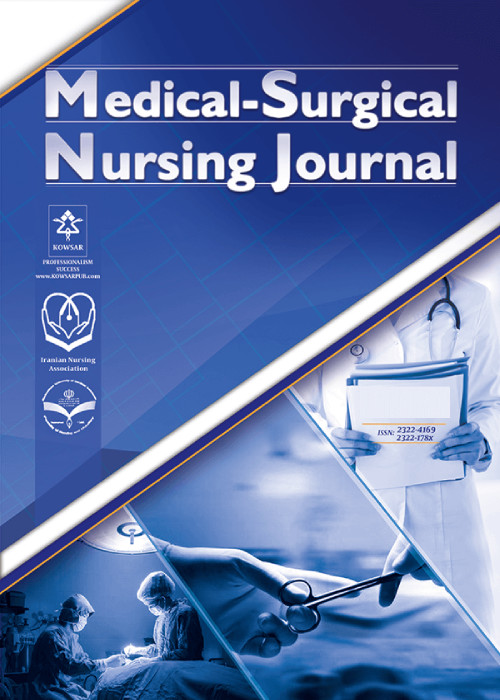The Effect of Group Education on Adaptive Behaviors and Caregiver Burden in Mothers of Children with Thalassemia Major: A Trial Clinical Study
Mothers of children with thalassemia major encounter numerous problems associated with treatment and care that often stem from the disease and lead to inappropriate coping behaviors, which impose an onerous burden on the caregiver. Thus, maintaining and promoting the mental health of these mothers and alleviating their care burden should be a health priority.
This study aimed at investigating the impact of group education on adaptive behaviors and care burden in mothers of children with thalassemia major.
In this clinical trial, 70 mothers of children with thalassemia major were selected through convenience sampling and randomized into the intervention and control groups. The data collection tools included a demographic questionnaire, the coping health inventory for parent (CHIP), and the Caregiver Burden scale (CBS). The subjects in the intervention group received four 120-min sessions of group education over four weeks and were followed up for a month. The obtained data were analyzed using SPSS 22 and descriptive statistics, paired t-test, independent t-test, and chi-square test. All results below 0.05 were considered statistically significant.
A total of 70 subjects completed the study. The two groups were not significantly different in terms of demographic variables (gender, child’s age, ethnicity, mother’s age, mother’s education, economic status, number of children, and parents’ occupation). The mean score of adaptive behaviors in the intervention and control groups at baseline was 55.57 ± 18.75 and 58.57 ± 21.04, respectively. At the end of the study, this score changed to 83.68 ± 10.45 in the intervention group and 52.80 ± 17.46 in the control group, indicating the significant positive impact of group education (P < 0.001). On the other hand, the mean score of mothers’ care burden in the intervention and control groups was 54.60 ± 12.05 and 59.25 ± 13.34 at baseline, respectively; which changed to 41.28 ± 7.01 in the intervention group and 60.02 ± 13.19 in the control group after the experiment, suggesting the positive impact of group education on mitigating caregiver burden (P < 0.001).
Group training focused on mothers’ involvement can improve their adaptive behaviors and reduce the burden resulting from caring for the patient. Nurses are recommended to employ this educational method to promote family involvement in health care.
- حق عضویت دریافتی صرف حمایت از نشریات عضو و نگهداری، تکمیل و توسعه مگیران میشود.
- پرداخت حق اشتراک و دانلود مقالات اجازه بازنشر آن در سایر رسانههای چاپی و دیجیتال را به کاربر نمیدهد.


